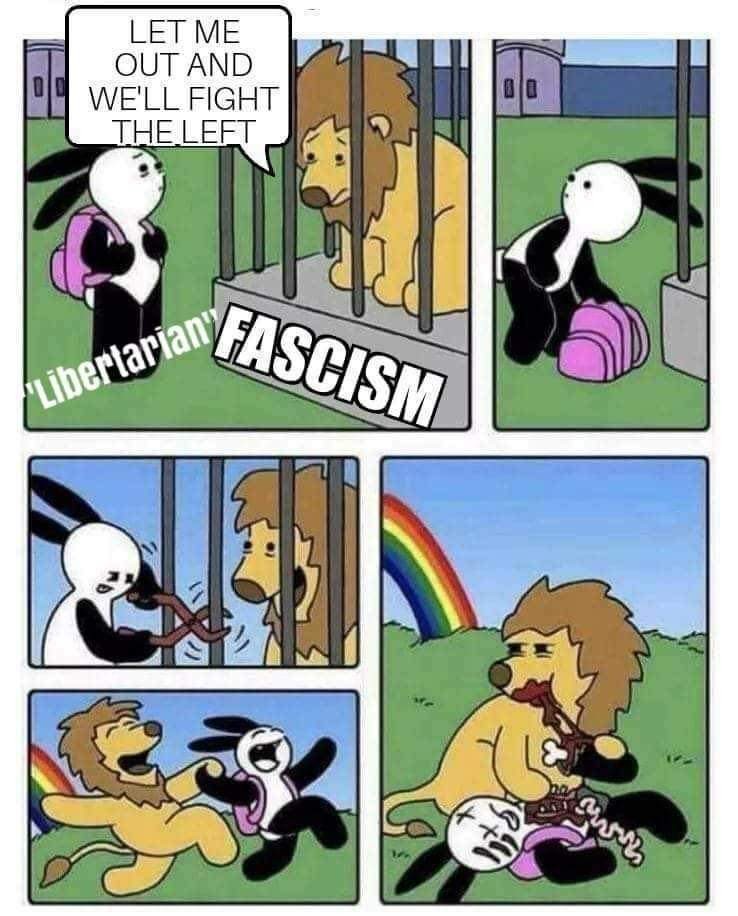The #dotcons are designed for greed and selfishness, everything about them feeds this and in turn feeds off this negative path. This is coded deep into them, they cannot be fixed, and we cannot reboot alternatives to this by simply copying them in #FOSS as we have done too much in the #Fediverse.
The rebooting of the #openweb is the path we have taken, this copying worked well for the first step, for the next step we need to move past this, simply copying of the current #mainstreaming mess. The next step needs to be more “native” to the #4opens path that we have started down. Let’s thank the people who copied, give them the gifts of statues and security, they did us all a service, they deserve thanks for this first step not hatred.
To understand why let’s look at the #dotcons mess, an example, is the devolution of #Twitter from a neoliberal space to one with growing fascist tendencies under Elon Musk’s, this is a stark reminder of the pitfalls of unchecked corporate #dotcons and the susceptibility of these platforms to authoritarian control.
One aspect is the complicity of #neoliberal actors in pushing the rise of fascism. #Neoliberalism, with its emphasis on deregulation and market-driven solutions, pushes for the concentration of wealth and power in the hands of a few. This concentration eventually leads to the erosion of democratic norms and the rise of authoritarianism, as seen in the case of Twitter’s transformation. Thus, the intertwining of neoliberalism and fascism underscores the need for vigilance in combating both economic inequality and the erosion of “native” #openweb democratic projects we try and build and sustain.
Moreover, the reaction of neoliberal peoples “common sense” to the shift towards fascism on the #dotcons like Twitter is instructive. Despite the platform’s descent into authoritarianism, many #mainstreaming users continue to engage with it, clinging to nostalgia for its earlier, more liberal incarnation. This phenomenon highlights the tendency of #mainstreaming to adapt to life under oppressive regimes, often out of a desire for self-preservation or a misguided sense of normalcy. It serves as a sobering reminder of the dangers of complacency and the importance of resisting authoritarianism, aspesherly in its early stages.
In essence, the transformation of Twitter from a neoliberal to a fascist space underscores the interconnectedness of economic and political systems and the need for collective action to safeguard “native” #openweb democratic values and the paths we take. By recognizing the warning signs of authoritarianism and refusing to acquiesce to its normalization, people can prevent the erosion of the #openweb

The #dotcons and #closedweb of the last 20 years have clear problems:
- Centralization of Power: The dominant platforms in the #dotcons era and #closedweb are centralized, controlled by a handful of corporations.
- Monopolistic Practices: The dominance of a few major players led to monopolistic practices that stifled “native” #openweb culture. These monopolies limit people choice and hindered the development of alternative paths that could offer more diverse and community-centric life.
- Surveillance Capitalism: The #dotcons relies on business models built around surveillance capitalism, where data and metadata is harvested, monetized, and exploited for targeted advertising and social purposes without consent and transparency. This exploitation of people’s data undermines “society” and creates significant ethical concerns.
- Filter Bubbles and Echo Chambers: The algorithms employed in the #dotcons are designed to prioritize content based on user engagement metrics, leading to the formation of filter bubbles and echo chambers. These push people to beliefs and preferences that limit exposure to diverse perspectives and contributing to growing and entrenching polarization and disinformation.
- Erosion of Public Discourse: The rise of social media in the #dotcons facilitated the spread of misinformation, hate, and extremist right ideologies. These platforms prioritized engagement and virality over the quality and accuracy of content, leading to the erosion of public discourse and trust.
- Data Concerns: The collection and exploitation of user data by #dotcons raised significant concerns. People have limited to no control over their social data and metadata.
- Digital Divide: Access to the internet and digital technologies remained unevenly distributed during the #closedweb era, exacerbating social and economic inequalities. Marginalized communities, faced barriers to access our #openweb reboot, limiting their ability to participate in our native paths and thus the wider digital economy and society we need to build.
To sum up, the dominance of centralized platforms, surveillance capitalism, algorithmic biases, erosion of social norms, and inequalities have been some of the most pressing issues associated with the #dotcons and #closedweb over the last two decades. Addressing this requires concerted efforts to promote decentralization, #4opens and “native” #openweb infrastructure and culture. You can help with this by working on projects like #OMN #OGB #makinghistory and #indymediaback
This post is a reaction https://mastodon.ar.al/@aral/112098724636424845
Please donate here is you can https://opencollective.com/open-media-network to make this path happen.